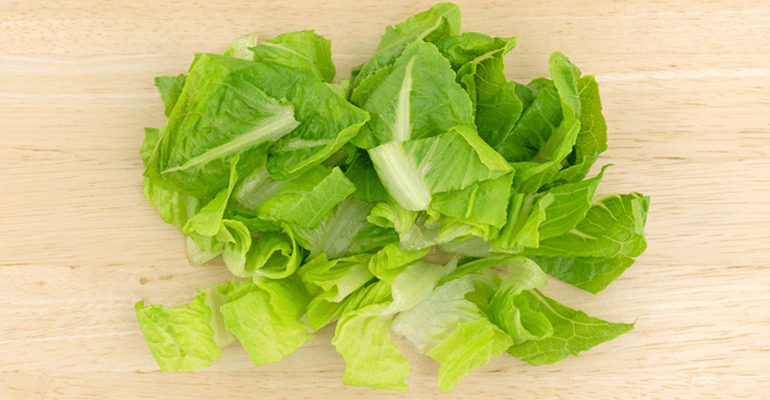
Based on new information from Centers for Disease Control and Prevention (CDC) and the Food and Drug Administration (FDA), the Arizona Department of Health Services (ADHS) is advising residents to not eat romaine lettuce from the Yuma, Arizona growing region. This includes whole heads and hearts of romaine lettuce, chopped romaine, and salads and salad mixes containing romaine due to an outbreak of E. coli O157. Five cases have been identified in Arizona—four from Maricopa and one from Pinal County—linked to this multi-state outbreak.
“We recommend people throw out and do not consume whole heads and hearts of romaine lettuce, chopped romaine, and salads and salad mixes containing romaine at this time,” said Dr. Cara Christ, director of the Arizona Department of Health Services. “E. coli can cause serious illness, so it is critical that everyone take precautions to prevent the spread of the disease. If you or someone from your family recently ate romaine lettuce and are experiencing symptoms, please seek medical treatment immediately.”
Symptoms of E. coli O157 include diarrhea (sometimes bloody), and abdominal pain. E. coli O157 infection ranges from mild to severe, with symptoms lasting about five to seven days in most people. Young children, the elderly, and the immune-compromised are at risk of developing Hemolytic Uremic Syndrome (HUS), a potentially life-threatening illness that can cause kidney failure.
The CDC and the FDA are also advising people that before they eat romaine lettuce from a restaurant or grocery store to confirm that it is not from the Yuma, Arizona growing region.
ADHS is working with local health departments, the CDC and the FDA to confirm the source of the E. coli O157 infections, to identify additional cases, and to prevent the spread of the disease. To prevent foodborne illness, ADHS advises everyone to thoroughly wash hands with soap and water prior to food preparation or consumption and after using the toilet. Wash fruits and vegetables before eating or handling. Avoid cross-contamination of food during preparation by washing hands, cutting boards, utensils, and any food preparation surfaces.
